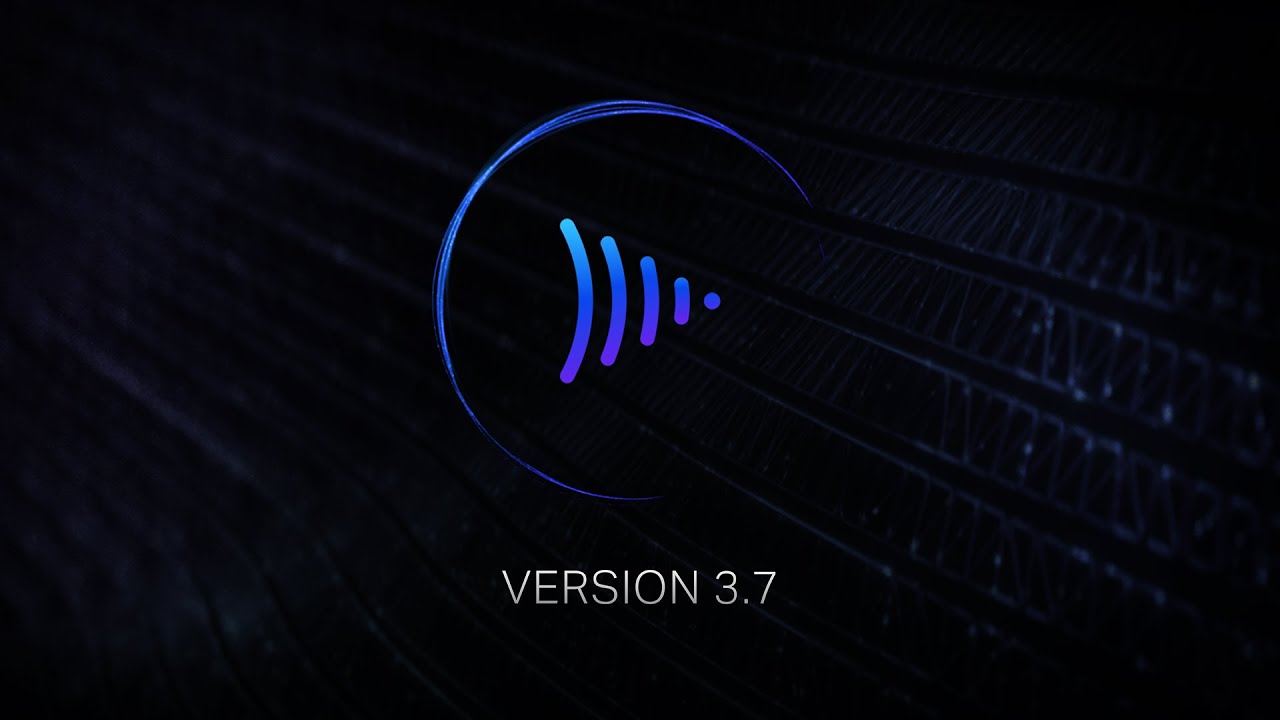The Whitney Museum in New York is cancelling its planned ‘Collective Actions’ exhibit, which was scheduled to begin September 17th, after an online backlash. Farris Wahbeh, the curator, sent out a letter of apology and confirmed that the museum will not show works it acquired at discount prices at a recent ‘See in Black’ charity auction.
‘My sincere hope in collecting them was to build on a historical record of how artists directly engage the important issues of their time. Going forward, we will study and consider further how we can better collect and exhibit artworks and related material that are made and distributed through these channels,’ Wahbeh explains.
 |
The museum attracted criticism for purchasing prints from a recent See in Black auction. 100% of the proceeds from sales went directly to various social justice organizations. The museum paid $100 for each print – a deep discount compared to what the artists typically charge, with the intention of placing them in the upcoming ‘Collective Actions’ exhibit. Wahbeh did not initially ask the photographers involved for permission to display their work. Instead, the following message was sent out as revealed by Women Photograph:
‘Greetings from the Whitney and I hope this message finds you in good health and spirits.
I’m writing to let you know that I have acquired your work…from the project See in Black for the Whitney’s special collections. Your work is incredibly important and speaks to our time, and I’m so honored that the Whitney was able to acquire this work.
Alongside the acquisition, I’m also working on an exhibition comprised largely of works from our Special Collections holdings titled Collective Actions: Artist Interventions in a Time of Change that will feature work by artists involved with collective projects that were organized in response to COVID-19 and Black Lives Matter.
The exhibition will open in September in our 3rd floor exhibition space in the Museum and am excited to share that I plan to include your work as part of this project, work that I believe aptly demonstrates what you have done both individually and as part of a collective.
We are planning to reopen on September 3 following new safety and health protocols and city guidelines. In the meantime, we will install the exhibition so that it will open on September 17.
In recognition and appreciation of your inclusion in the Whitney’s program, I’m happy to note that you will receive an Artist Lifetime Pass which allows you and a guest free entry to the museum as well as other benefits. If you can please provide me with your full contact information (address, email, and phone) to send that Pass to you, I would be most appreciative.‘
One of the artists involved in See in Black’s print sale took to Twitter to express his outrage:
Y’all. YALL. This is unreal. I’m… First of all I’ll never do another print sale again so please no that ahead of time. @whitneymuseum y’all preyed on Black artists in this moment in such a disgusting way. No scruples. An embarrassment. pic.twitter.com/uhEvQEKTT7
— You’re One of Nicki’s Barbs. (@gionvalentine) August 25, 2020
As of June 2016, the Whitney Museum’s endowment has grown to an estimated $308 million. This is why See in Black, and the artists involved, were put off by an Artist Lifetime Pass as compensation. Clearly, the museum has the means to compensate each artist monetarily. See in Black released the following public statement today:
‘We started See in Black as a way to invest in black imagery and permanence through the sale of black–made photography. It has always been our objective to promote ownership, autonomy, and respect for black creatives in an effort to shift the current paradigm upheld by white supremacy.
With that said, the Whitney’s use of the works acquired through the See in Black print sale at significantly discounted prices – the proceeds of which were 100% donated to charity – constitutes unauthorized use of the works to which the artists do not consent and for which the artists were not compensated. Furthermore, See in Black is not affiliated with the Whitney’s exhibition.‘
The Whitney Museum’s Director recently posted a statement on racial equality to their website. It includes a pledge to ‘re-examine our exhibitions and programs to ensure they continue to address the art and experiences of people of color, especially Black communities.’













